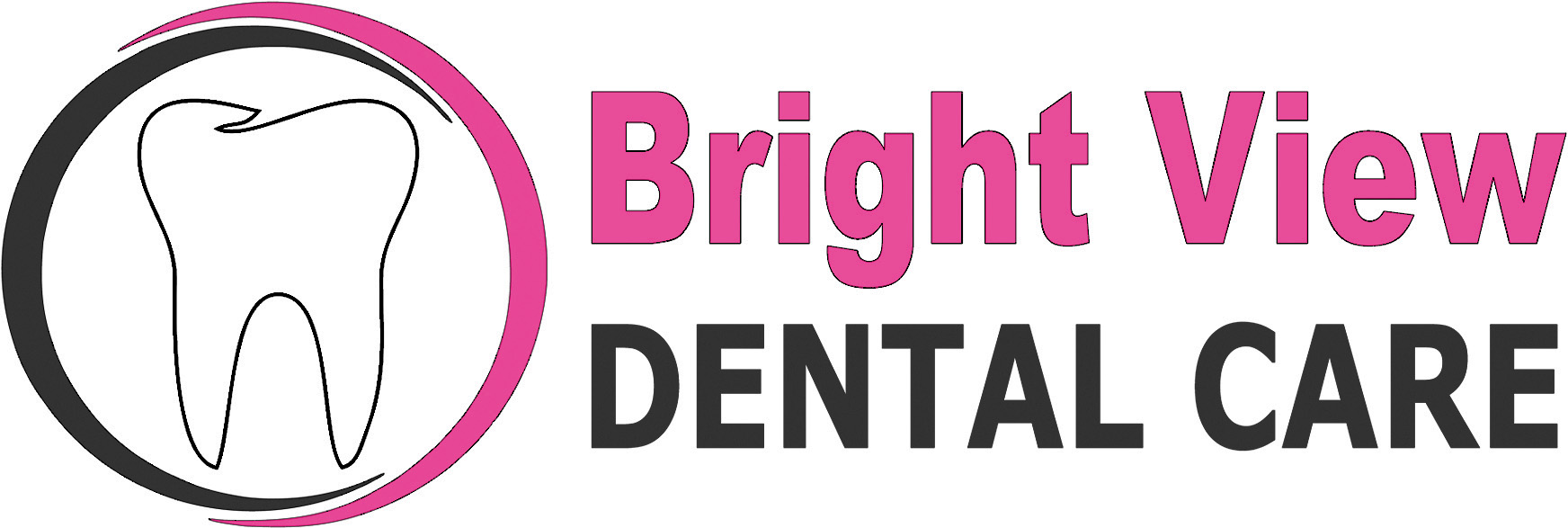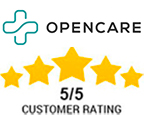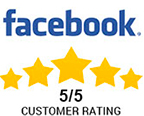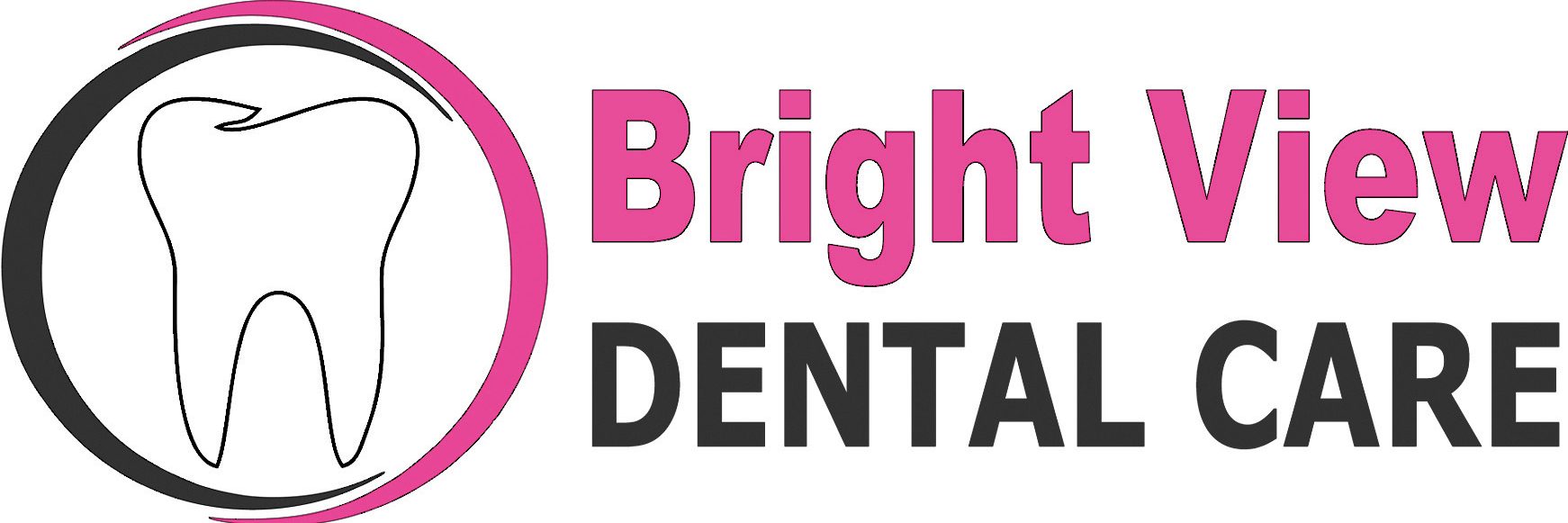Do I Really Need a Dental Cleaning?
Maintaining a healthy smile isn’t just about brushing and flossing at home. While your daily oral care is essential, it’s only part of the equation.
Professional dental cleanings are a necessary part of preserving your oral health. Regular cleanings help keep your teeth strong and promote healthy gums. Your oral care team can proactively monitor for potential oral health problems.
Dental cleanings matter, so knowing what happens during a cleaning, the potential risks of skipping them, and how often you should schedule one can help you make an informed choice. Routine professional cleanings can make a lasting difference in your smile and overall health.
Why Are Dental Cleanings Important?
Even with diligent brushing and flossing, some parts of your mouth are difficult to reach with a toothbrush. Over time, plaque can build up and harden into tartar, which can only be removed by a dental professional.
When left untreated, the buildup increases your risk of gum disease, cavities, and other oral health problems.
Here’s why dental cleanings are more than just a routine procedure:
- Plaque & tartar removal prevents gum disease & tooth decay
- Regular cleanings help dentists detect oral health issues, like cavities or gum inflammation, earlier
- Your dentist & hygienist can offer personalized oral care advice for everyday healthy oral habits, like brushing techniques & flossing tips
- Proactive care can lead to cost savings over time by reducing the need for invasive treatments like fillings or periodontal therapy
Dental cleanings can help you maintain oral hygiene and prevent significant problems before they develop or worsen.
What Happens During a Dental Cleaning?
While some dental tools may look intimidating, modern dental cleaning procedures are designed to be gentle, thorough, and efficient.
1. Examination
Your dentist or hygienist will begin by examining your teeth and gums. Regular assessments help identify issues, such as signs of gum disease, cavities, or enamel wear, before they progress.
2. Plaque & Tartar Removal
Specialized tools are used to carefully scrape away hardened tartar and plaque around your gum line and between your teeth. It’s an essential step that targets areas that are too challenging to clean during regular cleaning at home.
3. Polishing

After removing the tartar, your hygienist polishes your teeth with a high-powered brush and gritty toothpaste. The process helps eliminate surface stains and leaves your teeth feeling smooth and clean.
4. Fluoride Treatment (Optional)
Depending on your needs, your dentist may apply a fluoride treatment. Fluoride can act as a protective shield for your teeth, reducing your risk of decay until your next cleaning.
5. Personalized Oral Care Tips
Finally, your dentist or hygienist will share personalized guidance to help you maintain your oral health and improve your at-home routine.
Benefits of Regular Dental Cleanings
Professional dental cleanings can offer surprising benefits beyond that fresh, clean feeling. What’s really significant is how regular dental exams and cleanings can positively affect your overall health and long-term well-being.
Prevent Cavities
Plaque buildup is a leading cause of tooth decay. While at-home brushing and flossing can remove surface buildup, you may miss certain spots; regular dental cleanings are more effective at removing plaque and preventing tartar.
Lower Risk of Gum Disease
Tartar is a hardened, mineralized form of plaque that can’t be removed at home with standard brushing or flossing. By eliminating tartar, your dentist can reduce the risk of gum inflammation, gingivitis, or more serious forms of periodontal disease.
Fresher Breath
Dental cleanings remove bacteria contributing to bad breath, so your mouth can feel refreshed.
Healthier Overall
Proper oral hygiene is linked to a lower risk of systemic conditions such as heart disease, diabetes, and respiratory issues. Clean teeth support overall good health.
Brighten Your Smile
Surface stains from coffee, tea, or wine can be polished away, keeping your teeth looking beautiful and radiant.
How Often Should You Schedule a Dental Cleaning?
Most people benefit from visiting the dentist every 6 months for a cleaning and checkup. However, some individuals may need more frequent visits based on their oral health needs.
You might need cleanings every 3–4 months if:
- You’ve experienced gum disease or frequent cavities
- You have a higher risk of tartar buildup
- You’re managing other health issues that impact oral health, such as diabetes
Your dentist will assess your needs and recommend a cleaning schedule tailored to your lifestyle and oral health.
Can You Skip Dental Cleanings?
You might think skipping 1 or 2 cleanings isn’t a big deal, but the reality is quite different. Neglecting professional dental cleanings can lead to significant effects on your oral health.
Gum Disease
Tartar buildup leads to gum inflammation (gingivitis), which can progress to periodontitis, a more advanced form of gum disease that can result in gum recession and potential tooth loss.
Cavities & Decay
Bacteria can thrive in your mouth without regular, thorough cleanings, leading to an increased risk of tooth decay.
Persistent Bad Breath
Bacteria accumulation can lead to persistent bad breath that isn’t easily fixed by mouthwash or mints.
Tooth Loss
Advanced gum disease can weaken supporting structures, making teeth loosen or leading to bone loss in the jaw and tooth loss.
Higher Costs Later
Avoidable problems can turn into costly treatments in the future, such as root canals or gum surgeries. Skipping cleanings can ultimately increase risks to your oral and overall health.
Take the Next Step Toward a Healthier Smile
Your oral health is essential to your overall well-being, affecting your nutrition, speech, and appearance. Regular dental cleanings are a foundational step in maintaining your health.
Don’t wait for issues to arise; proactive care helps keep your smile healthy and radiant for years.
At Bright View Dental Care, we’re here to support you with experienced care and a patient-focused approach. Contact us today to schedule your dental cleaning and discover how easy it is to protect your smile in a welcoming, comfortable environment.





